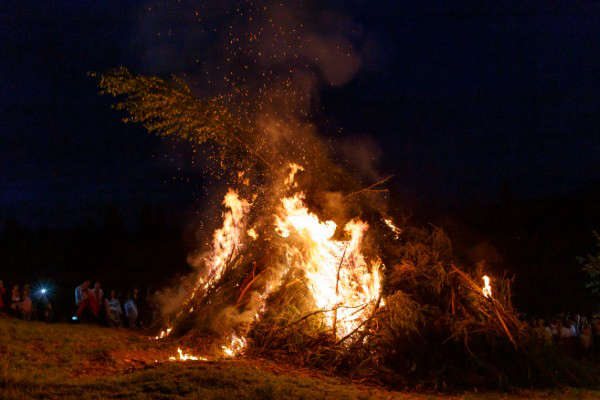
Blackpool is set to clamp down on bonfires as part of tougher action to protect residents from toxic fumes.
In recent years the council says it has received hundreds of complaints about smoke from fires after illegal burning of dangerous materials such as tyres and plastics.
The new clean air policy also sets out steps to control dark smoke from chimneys which can result from burning the wrong fuel, including in wood-burners which have become popular in recent times.
While Blackpool’s coastal location means air quality is generally good, the council says it has recorded 725 complaints in the last five years related to smoke, odours, and the burning of toxic waste.
Complaints often relate to garden bonfires, waste disposal by businesses and other illegal burning.
In a bid to tackle the problem and reduce the health risk, the council has published an Outdoor and Chimney Fires Clean Air Policy as part of the Blackpool Air Quality Action Plan.
The policy says while bonfires are a common practice “they can have a profound negative impact on local air quality” which in turn can “pose significant health risks to the surrounding community.”
It adds: “This concern is particularly acute when individuals burn hazardous or unauthorised materials, such as plastics, tyres, and painted wood. The combustion of these materials releases a range of toxic substances.”
The council has worked alongside the fire brigade and police on the policy which sets out how enforcement will be used to cut down on the amount of illegal burning.
Measures include educating people about how to properly dispose of waste instead of burning it, and the use of fuels which do not pollute the air. Community bonfires will also be monitored to ensure they take air pollution into consideration.
Punishment for those who ignore the rules could include abatement notices, fines and even prosecution.
However Blackpool does not have smoke control areas as its coastal location means the town benefits from better quality air. This is down to natural air circulation, limited Industrialisation and the sea acting as a natural air purifier by reducing the concentration of pollutants.

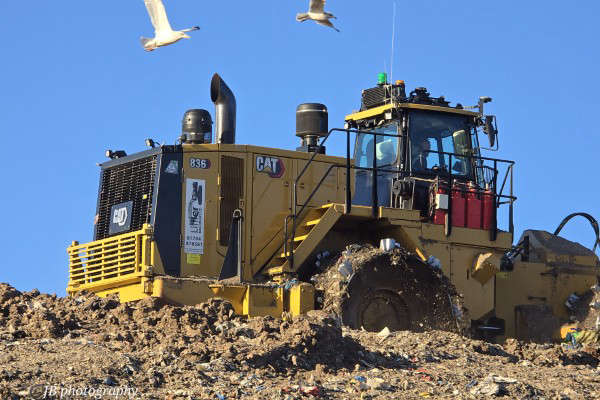 Landfill campaigner out to raise awareness of community fund
Landfill campaigner out to raise awareness of community fund
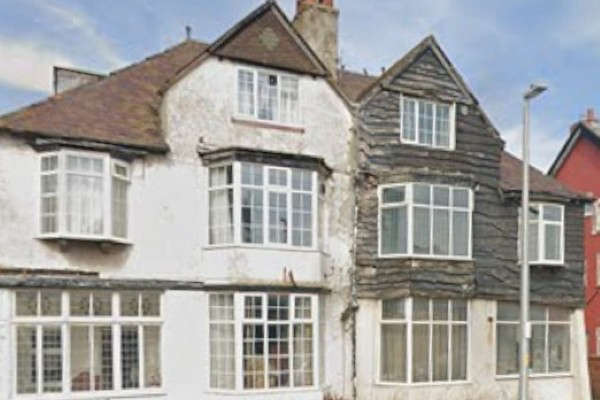 Decision made on controversial proposals to demolish houses and build flats
Decision made on controversial proposals to demolish houses and build flats
 Cleveleys to get big new illuminated ‘welcome’ sign
Cleveleys to get big new illuminated ‘welcome’ sign
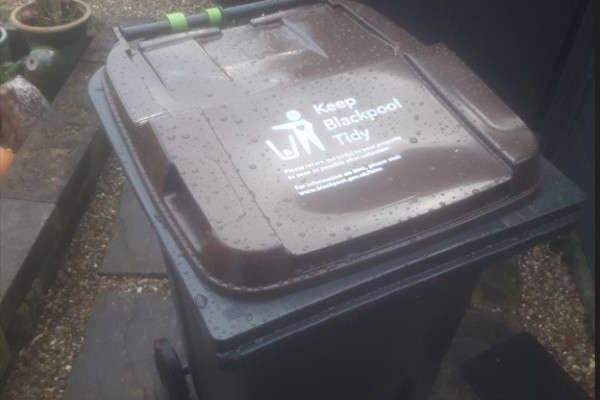 Council refutes claim new bin scheme is ‘unhygienic’ mistake
Council refutes claim new bin scheme is ‘unhygienic’ mistake
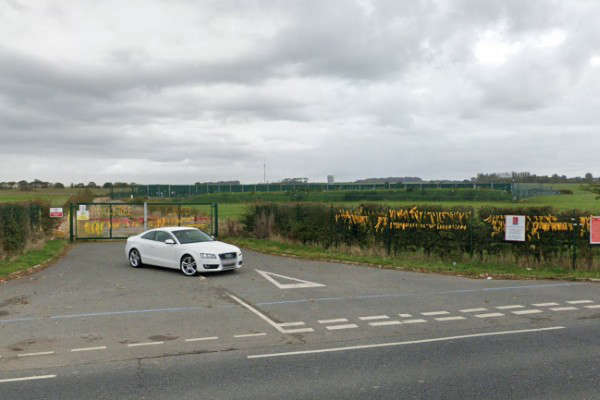 Fracking decision’s limited impact
Fracking decision’s limited impact


